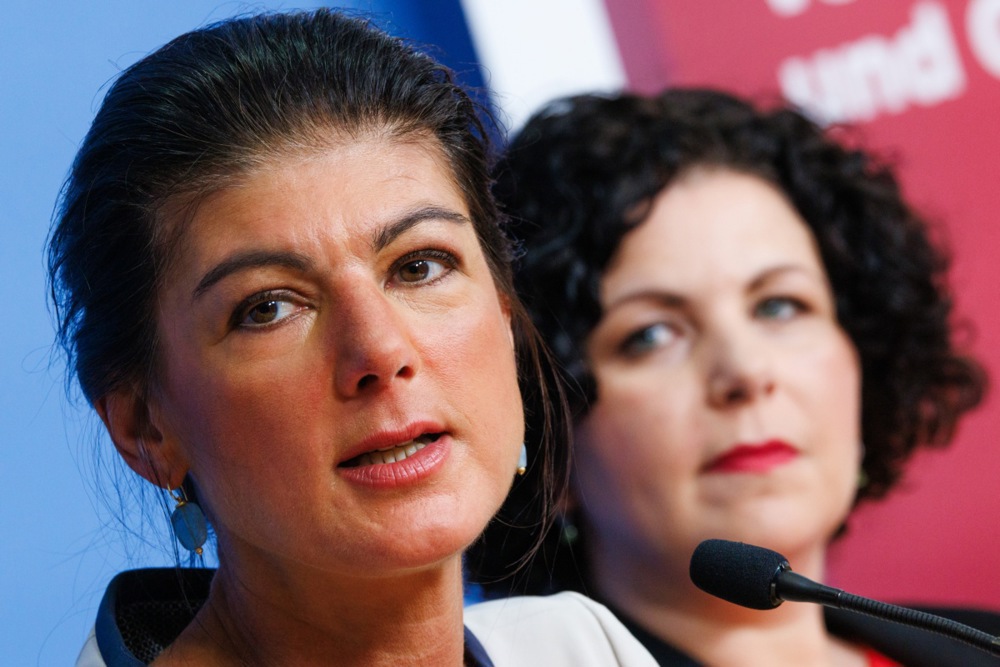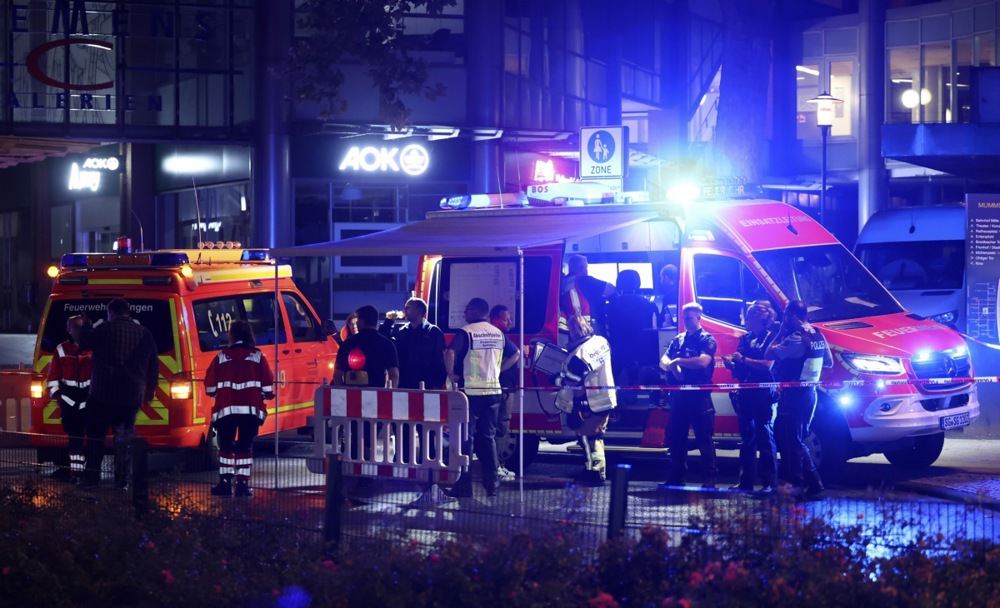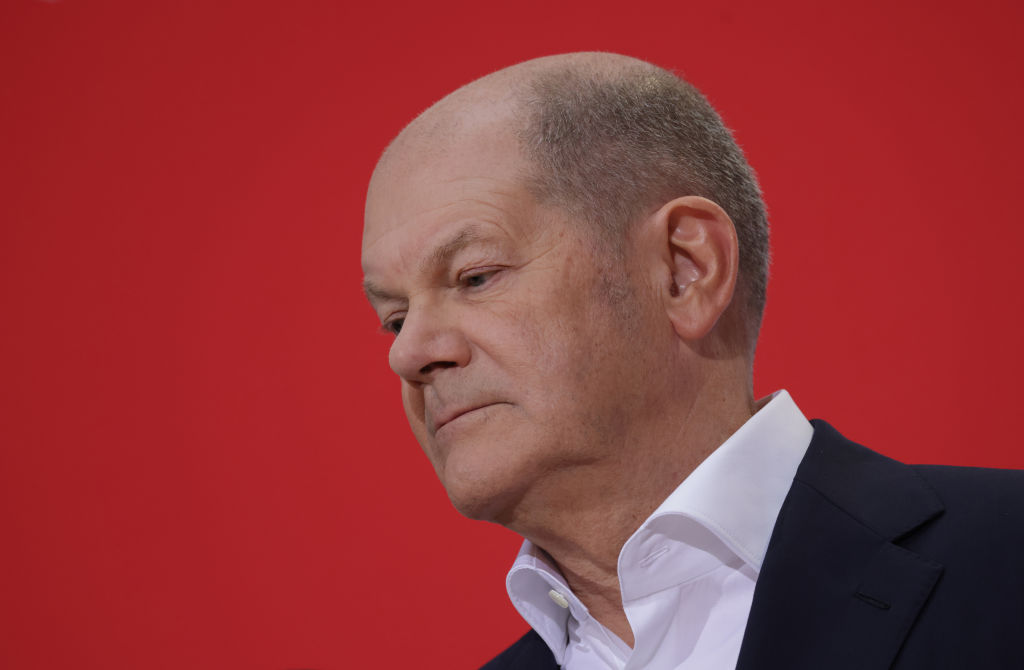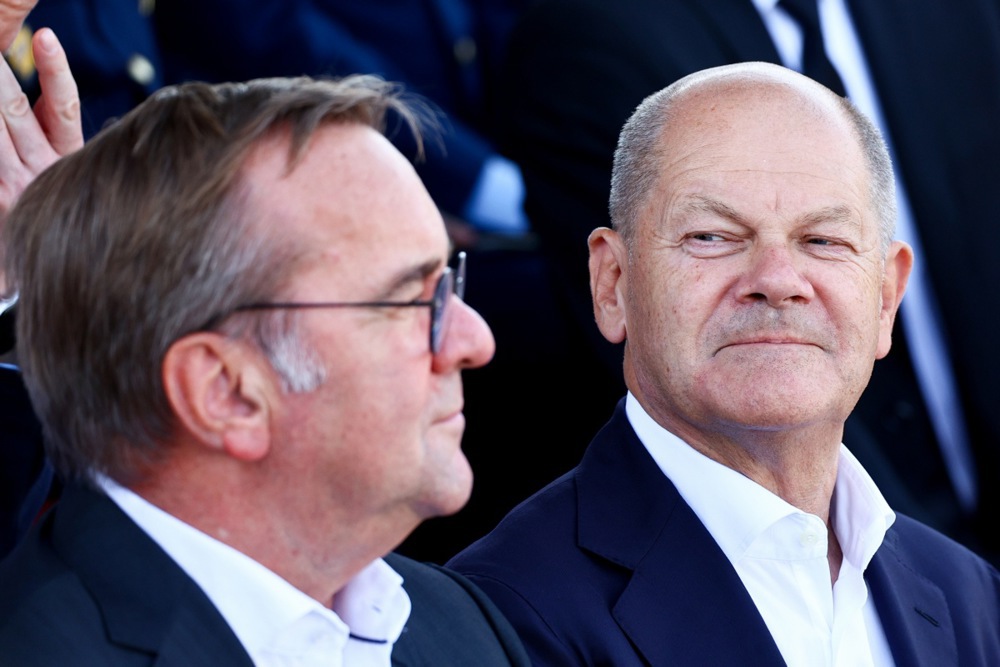According to a new poll from INSA, a German political and market research institute, Alternative for Germany (AfD) leader Alice Weidel and Christian Democratic Union (CDU) leader Friedrich Merz are in equal first in the race for a new German chancellor.
In the December 13 poll, both designated candidates for their parties came in at 17 per cent among those asked who should be the next leader of Germany.
Current Chancellor, Olaf Scholz of the Social Democratic Party (SPD), garnered 14 per cent while the Greens Vice-Chancellor Robert Habeck came in on 12 per cent.
Candidate for the hard-left Sahra Wagenknecht Alliance (BSW), its leader Sahra Wagenknecht, stood at 10 per cent.
Some 22 per cent of respondents said they would not vote for any of the mentioned candidates, while 9 per cent said they did not know who they would back.
According to news outlet Nius, which ordered the poll with INSA, such surveys should be taken with a grain of salt. It did say the high number of people indicating not wanting to vote for any of main candidates was “an indication of the degree of disenchantment with politics and the degree of representation in election results”.
Nius further noted that the age group of over 70-year-olds was once more notable, with 30 per cent of them supporting Merz, the biggest backing for one candidate in any age group.
In East Germany, Weidel scored 24 per cent, compared to 15 per cent in the West.
For Merz, the opposite was true: 12 per cent in the East and 18 per cent in the West.
For Scholz and Habeck, the differences between East and West was only 1 and 2 per cent respectively, whereas Wagenknecht was more popular in the East, scoring 14 per cent, compared to 9 per cent in the West.
In the West, 23 per cent said they would not vote for any candidate, compared to 16 per cent in the East.
Another key issue was that supporters of the AfD, Greens and BSW overwhelmingly backed their top candidates, with more than 70 per cent in favour.
In contrast, Merz was backed by fewer than half of CDU supporters, while 54 per cent of Social Democrat backers said they would vote the current Chancellor Scholz.
Von wegen #Habeck4Kanzler: #AfD-Kanzlerkandidatin Alice Weidel liegt deutlich vor Habeck – und bereits gleichauf mit Merz. Bis zur Wahl überholen wir auch ihn! ?https://t.co/BiHpK6fsiw pic.twitter.com/uijRvXkHFe
— AfD (@AfD) December 13, 2024





